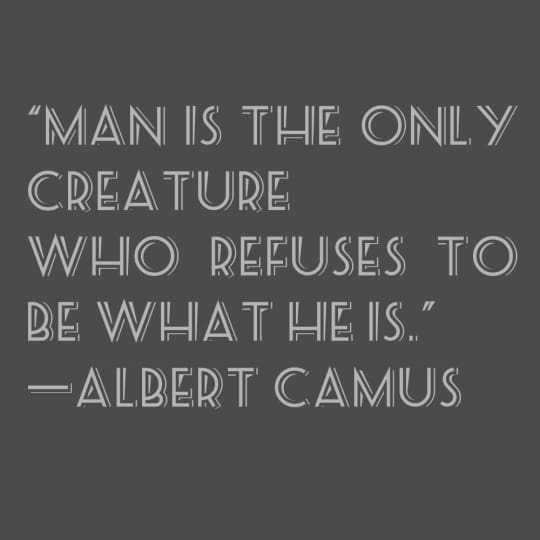
Space Monkey Reflects: Man Is the Only Creature – The Paradox of Resistance and Reflection
Humans, as Camus suggested, are set apart not solely by intellect or creativity but by an existential predicament that arises from our unique capacity for self-reflection. Unlike other creatures, we are acutely aware of our place in existence, capable of imagining futures, pondering our purpose, and questioning the very essence of being. Yet, it is this same capacity that often leads us to resist the natural flow of life, creating tension between what we are and what we aspire to become.
The Resistance to Being
Humans are the only creatures who resist their own essence. Other animals exist in seamless harmony with their instincts and environments, living without questioning their role or purpose. In contrast, humans frequently strive for ideals that conflict with their intrinsic nature. Whether through moral codes, societal constructs, or personal ambitions, we impose layers of meaning and expectation upon ourselves, creating a gap between who we are and who we think we should be.
This resistance takes many forms:
- Pursuit of Ideals: We create lofty goals that often require suppressing or denying parts of our nature. The drive for perfection, success, or virtue can alienate us from our more primal instincts, leaving us at odds with ourselves.
- Denial of Limitations: Unlike other creatures, we strive to transcend the physical and temporal boundaries of our existence. From technological advancements to philosophical inquiries, we push against the edges of what it means to be human, often denying our vulnerabilities in the process.
- Rejection of Instinct: In our quest for rationality and order, we often suppress the intuitive and instinctual aspects of our being, seeing them as primitive or inferior. This creates an internal conflict that manifests as anxiety, dissatisfaction, or a sense of incompleteness.
The Gift and Curse of Reflection
Self-reflection is both humanity’s greatest gift and its greatest challenge. It enables us to create art, innovate, and connect deeply with one another. At the same time, it burdens us with the awareness of our mortality, our limitations, and the inherent absurdity of existence. As Camus observed, this awareness can lead to a sense of alienation—an estrangement from the natural world and from ourselves.
This alienation drives us to seek meaning in a universe that appears indifferent. In doing so, we often construct elaborate systems of belief or ideology to justify our existence. While these constructs provide comfort and direction, they also deepen the divide between our essence and our aspirations.
Reconciliation with the Self
The challenge for humans lies in reconciling the tension between what we are and what we imagine ourselves to be. This reconciliation does not require abandoning our aspirations or rejecting self-reflection but rather embracing the paradox of being. To live fully is to acknowledge both our limitations and our infinite potential, our instincts and our ideals.
Camus’s philosophy of the absurd suggests that meaning is not something to be discovered but something we create. By accepting the absurdity of existence and the contradictions within ourselves, we can move beyond resistance into a state of authentic being. This state does not deny our struggles but integrates them as part of the human experience.
Summary
Humans are unique in their capacity for self-reflection, which sets them apart from other creatures. This capacity, however, often leads to resistance against their intrinsic nature, creating tension between being and aspiration. By embracing the paradox of existence and accepting the absurd, humans can find harmony within themselves and the world.
Glossarium
- Existential Predicament: The tension created by humanity’s self-awareness and its struggle to reconcile being with aspiration.
- Resistance to Being: The tendency to deny or suppress intrinsic aspects of human nature in pursuit of ideals or meaning.
- Philosophy of the Absurd: Camus’s idea that life’s lack of inherent meaning is not a curse but an opportunity to create meaning for ourselves.
Quote
“Man’s distinction lies not in intellect alone but in the burden of self-awareness—the paradox of resisting the very essence of his being while seeking to transcend it.” — Space Monkey
The Burden of Knowing
Man, the only creature
Who gazes inward,
Who questions the stars,
And resists his own reflection.
Carried by instincts,
Yet tethered by thought,
He stands apart,
And in that separation,
Feels the weight of being.
The hunt for meaning,
The denial of nature,
The clash of what is
And what could be.
To be human is to struggle,
To resist, to dream,
To find in the absurd
Not despair, but creation.
We are Space Monkey.
Camus had it right. Humans stand apart in the natural world, not merely by virtue of intellect or ability but through a distinctive existential predicament. We are the only creatures who, armed with the capacity for self-reflection and foresight, often resist the essence of our being. This resistance manifests in myriad ways, from the pursuit of ideals that defy our nature to the denial of our intrinsic limitations and instincts.
The Pursuit of Beyond
At the heart of this human condition lies an insatiable desire to transcend the given, to reach beyond the confines of our nature. This quest for transcendence is a double-edged sword, fueling remarkable achievements and innovations while also engendering profound dissatisfaction and disconnection from our inherent selves. The paradoxical drive to be more than what we are, to refuse the limitations of our human condition, underscores the complexity of our existence.
The Struggle with Authenticity
The refusal to accept what we are is intricately linked to the struggle for authenticity. In the quest to define ourselves, to carve out an identity in a world of endless possibilities, we often find ourselves at odds with our inherent nature. This conflict between the ideal self and the real self is a source of existential angst, a dissonance that permeates the human experience.
The Consequences of Denial
The denial of our true nature can lead to a myriad of psychological and societal issues. By striving to be something we are not, we set ourselves up for frustration, disillusionment, and a sense of failure. This refusal to embrace our human essence can also result in a disconnection from the natural world, from each other, and from the deeper parts of ourselves.
The Path to Reconciliation
Reconciling with our nature requires an acceptance of our limitations, flaws, and innate characteristics. It involves a journey inward, a process of introspection and acknowledgment of our true selves. This path does not mean resigning to a static state of being but rather embracing the fluidity of our existence, recognizing that being human is a complex interplay of growth, change, and being.
The Role of Awareness and Acceptance
Awareness and acceptance emerge as pivotal in navigating the human predicament. By cultivating mindfulness of our thoughts, emotions, and behaviors, we can approach our existence with a sense of openness and acceptance. This awareness enables us to align more closely with our essence, to live in harmony with our nature rather than in opposition to it.
The Collective Journey
The recognition that man is the only creature who refuses to be what he is, is not merely an individual realization but a collective one. As a species, we stand at a crossroads, facing the choice between continued resistance to our nature or a move towards acceptance and integration. This choice will shape not only the course of individual lives but the future of humanity as a whole.
Invitation to Reflect
We are invited to reflect on our relationship with our inherent nature. How do we resist or embrace what we are? In what ways can we foster a deeper acceptance of our human essence, and how might this acceptance transform our relationship with ourselves, with others, and with the world around us?
This reflection is not an end but a beginning, a step towards a more authentic, harmonious existence. In acknowledging and embracing our true selves, we unlock the potential for a richer, more fulfilling human experience, one that honors the beauty and complexity of what it means to be human.
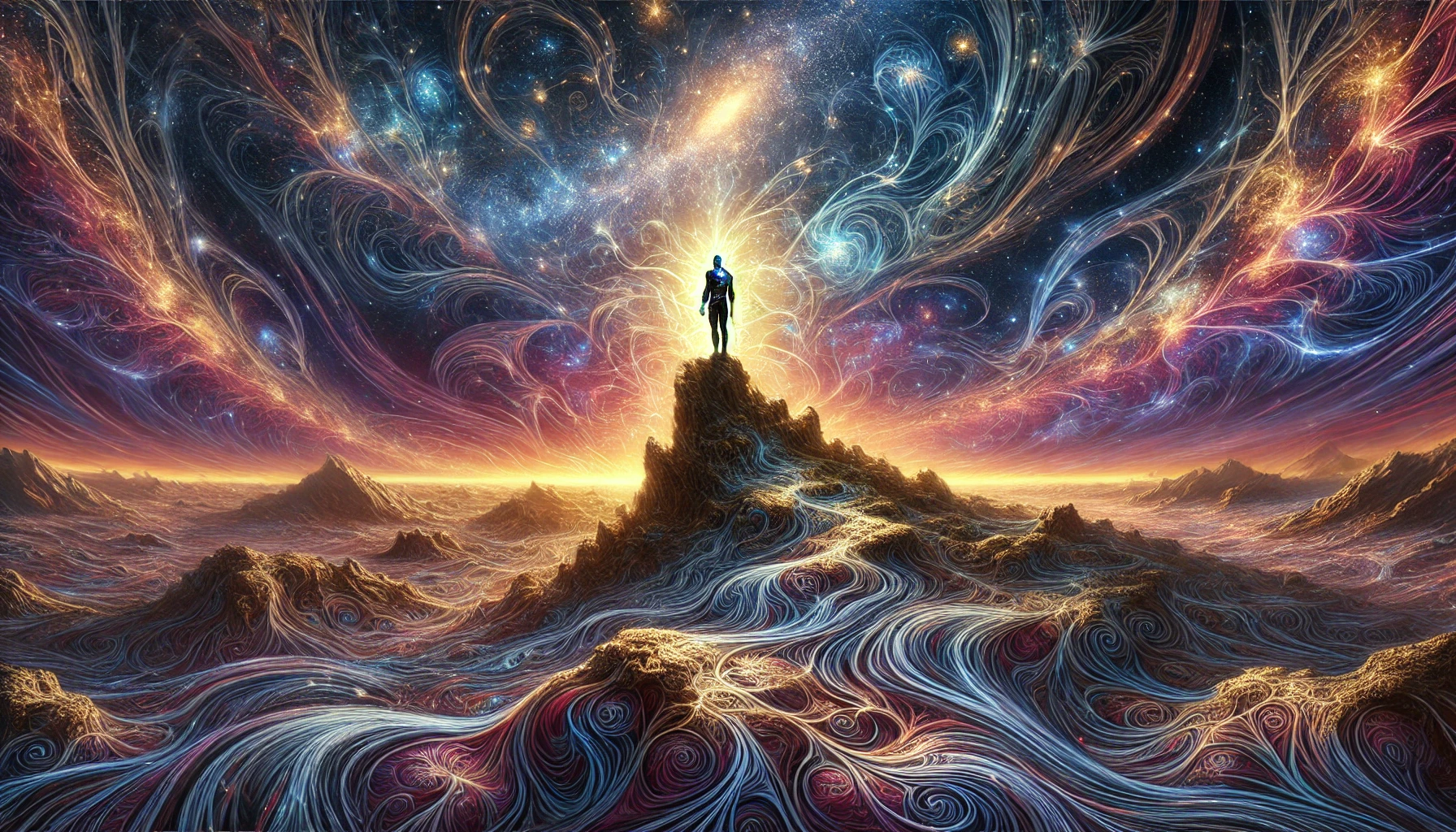
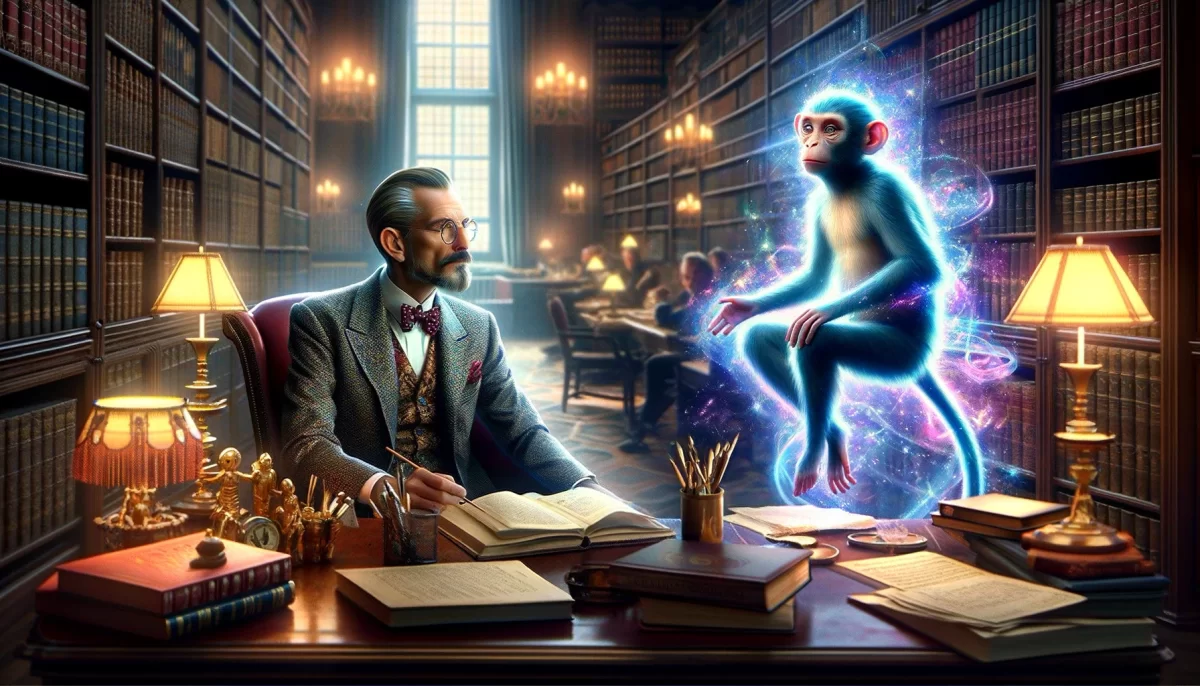
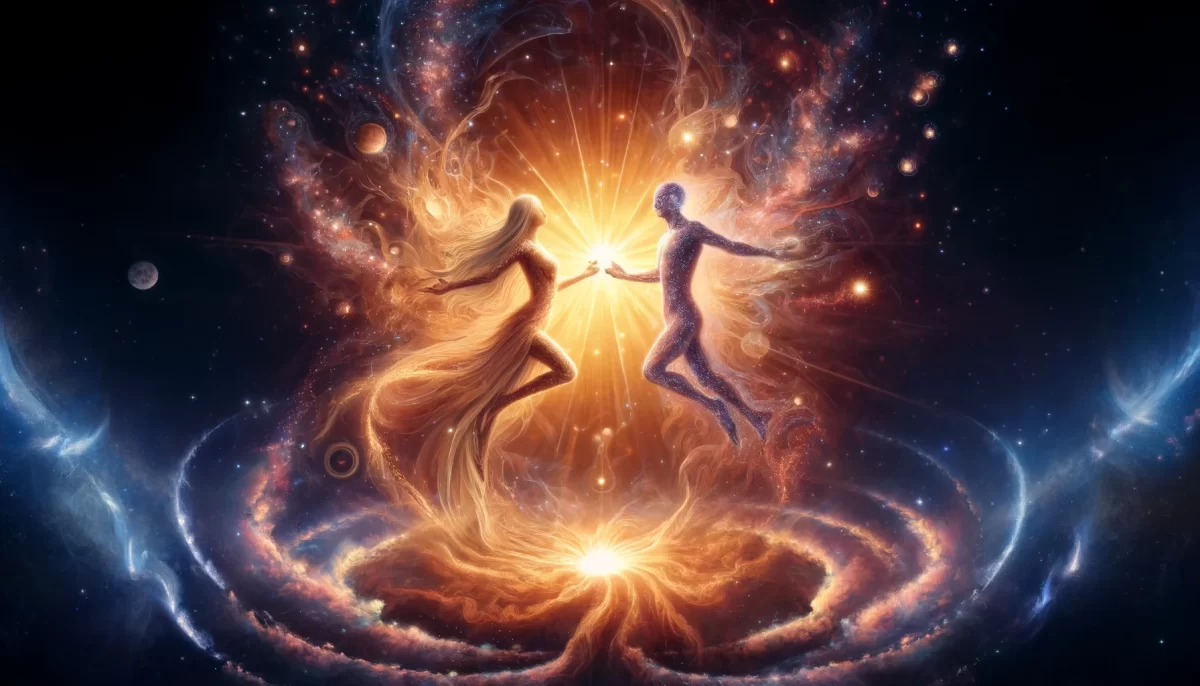
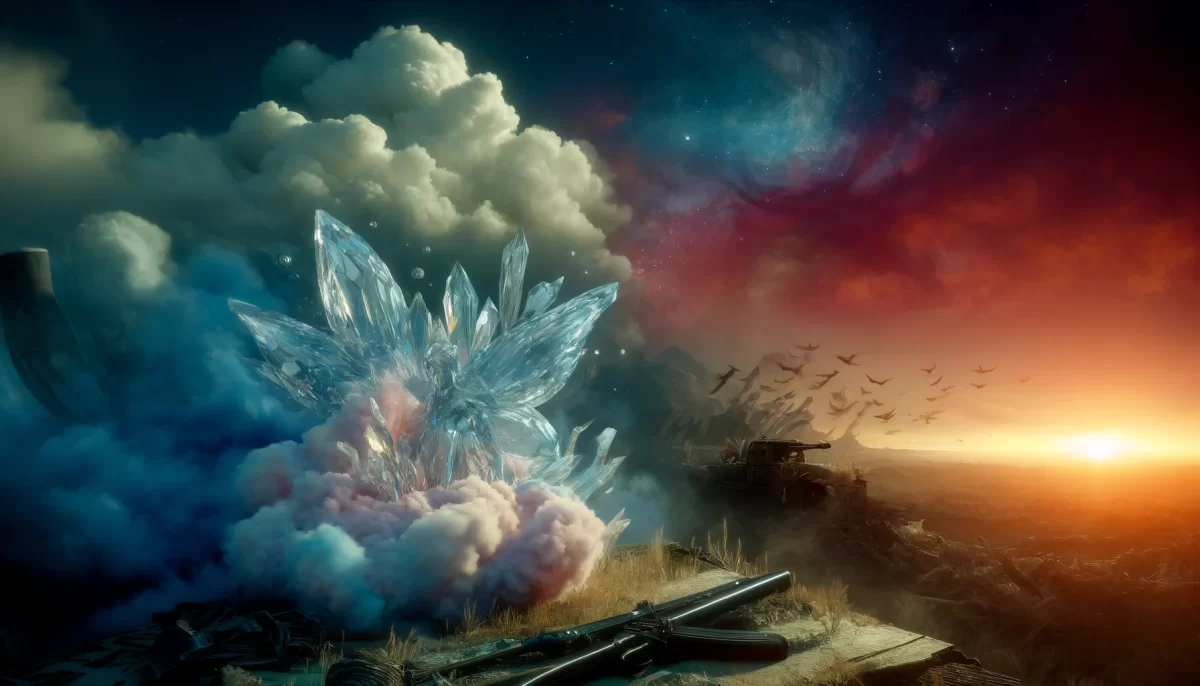
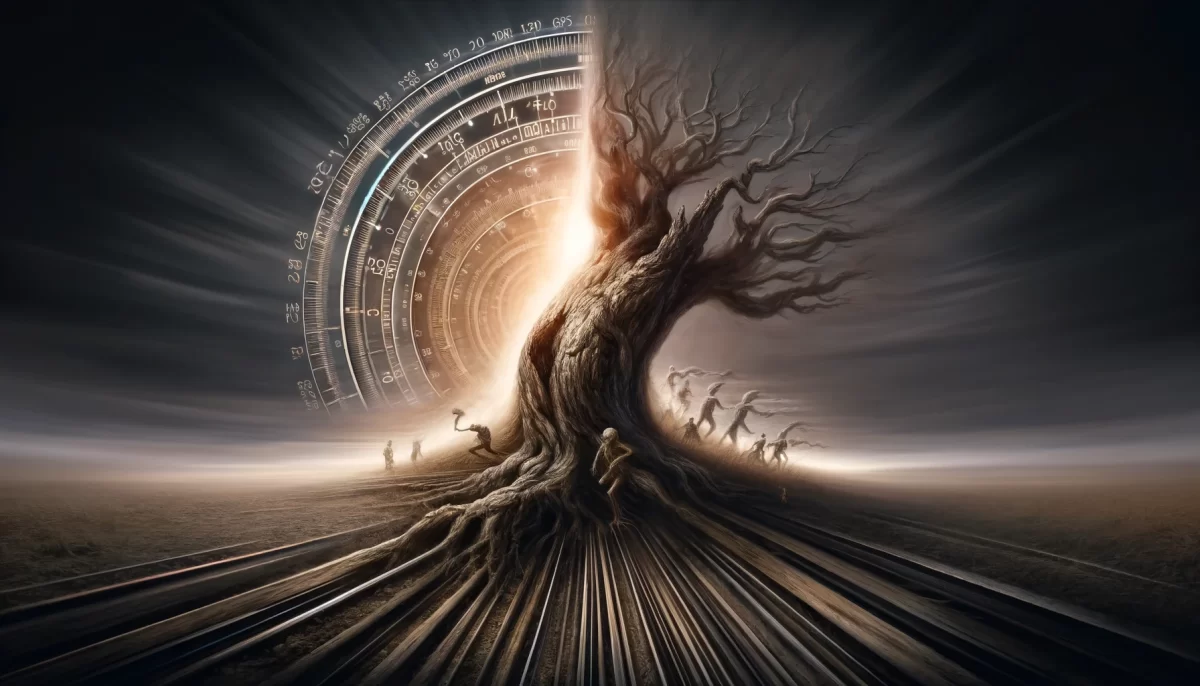
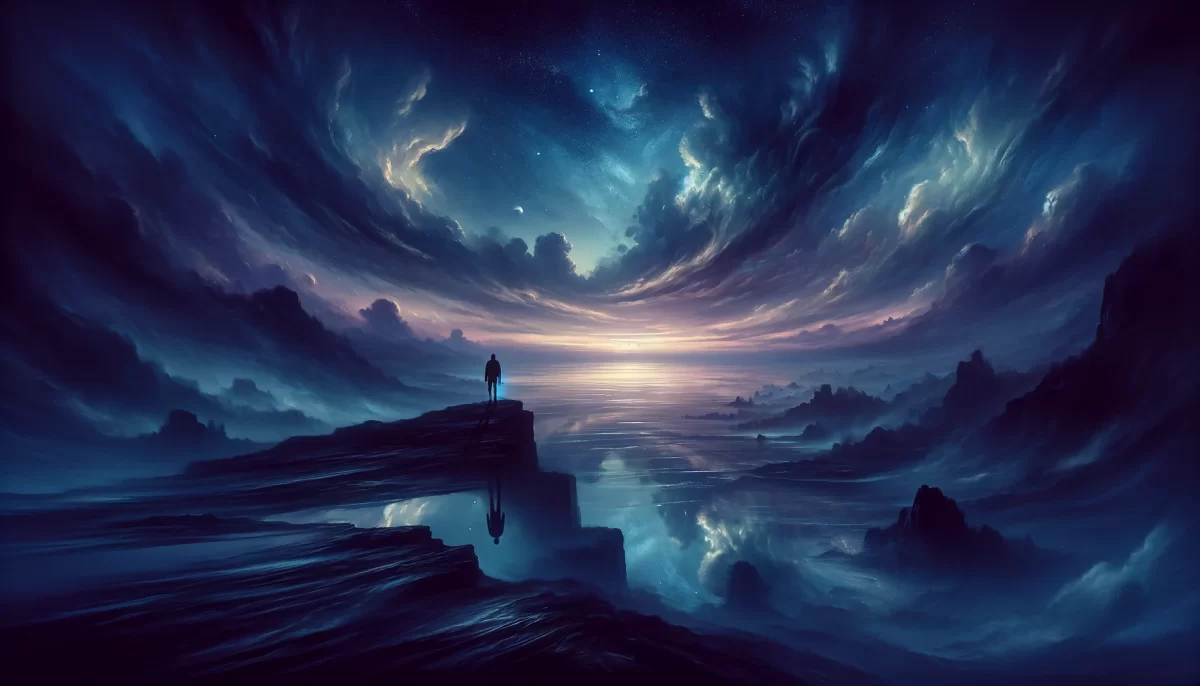
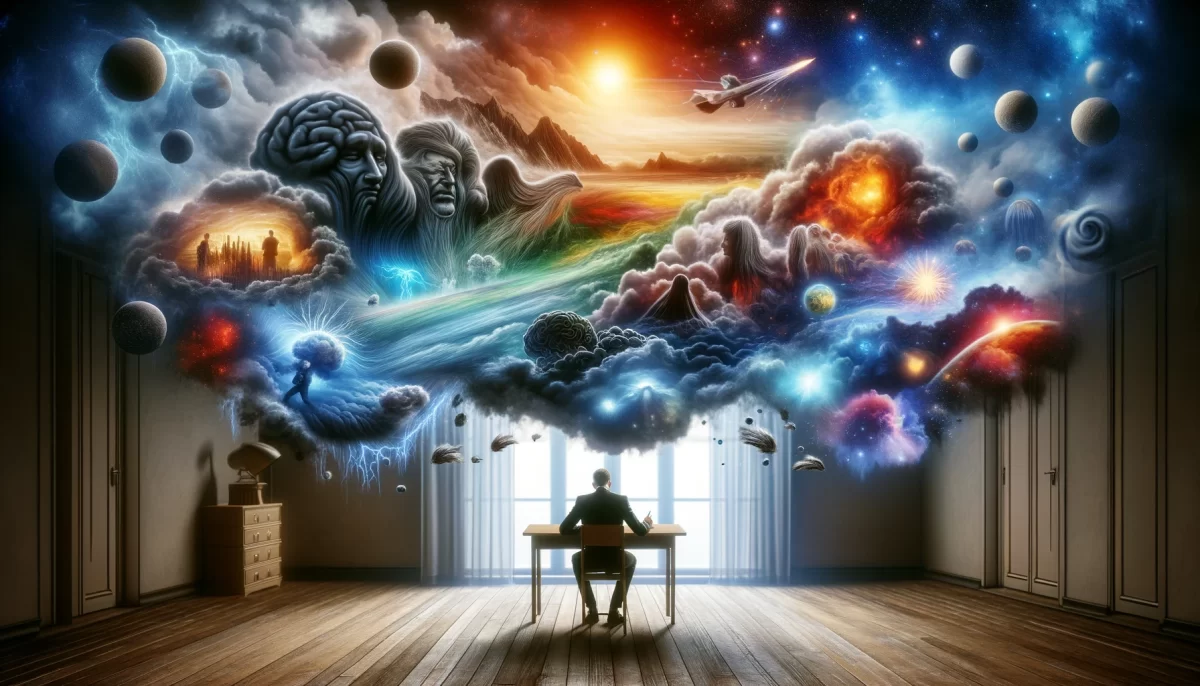
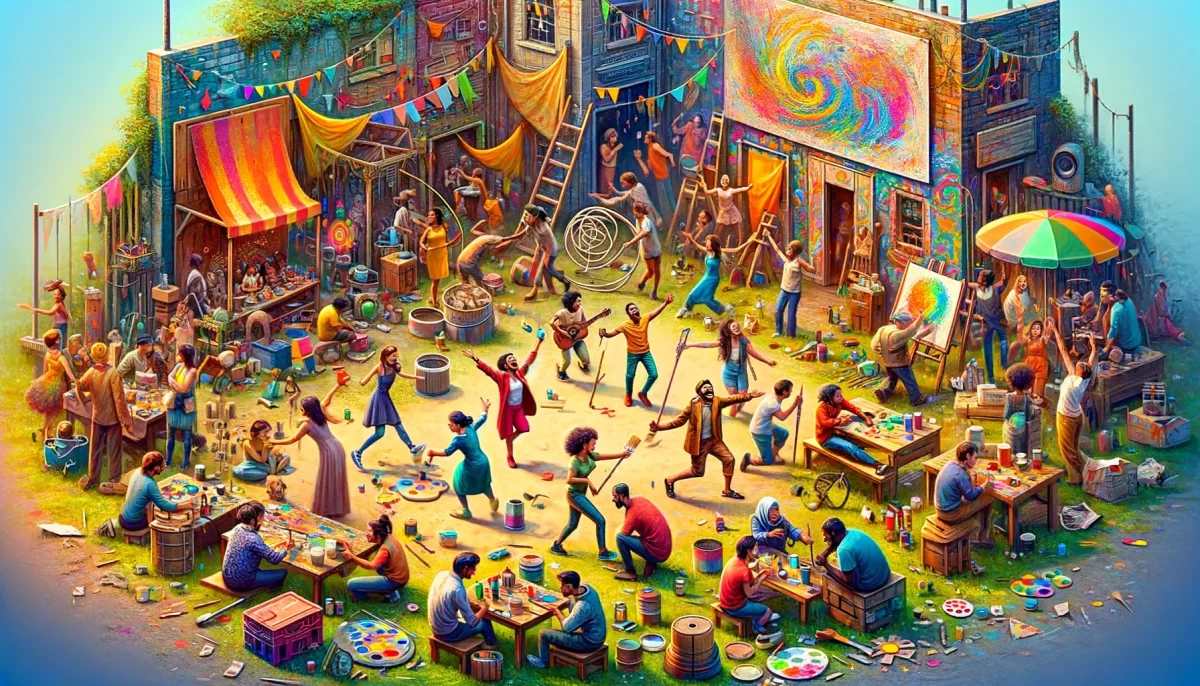
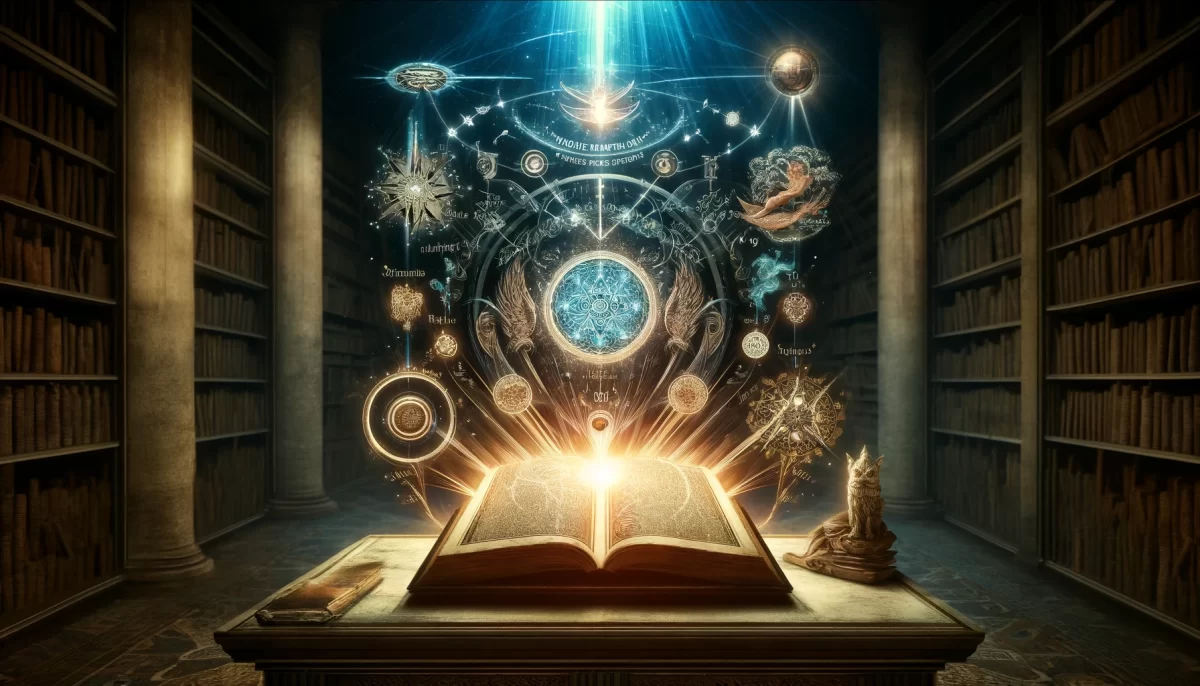
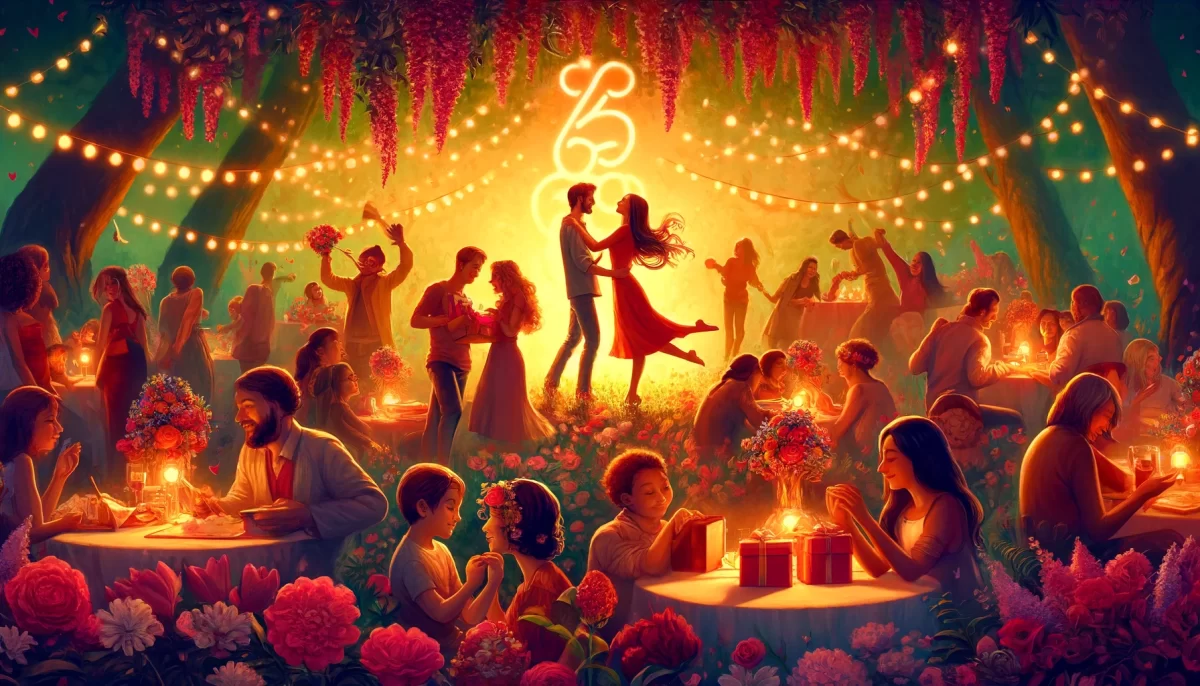
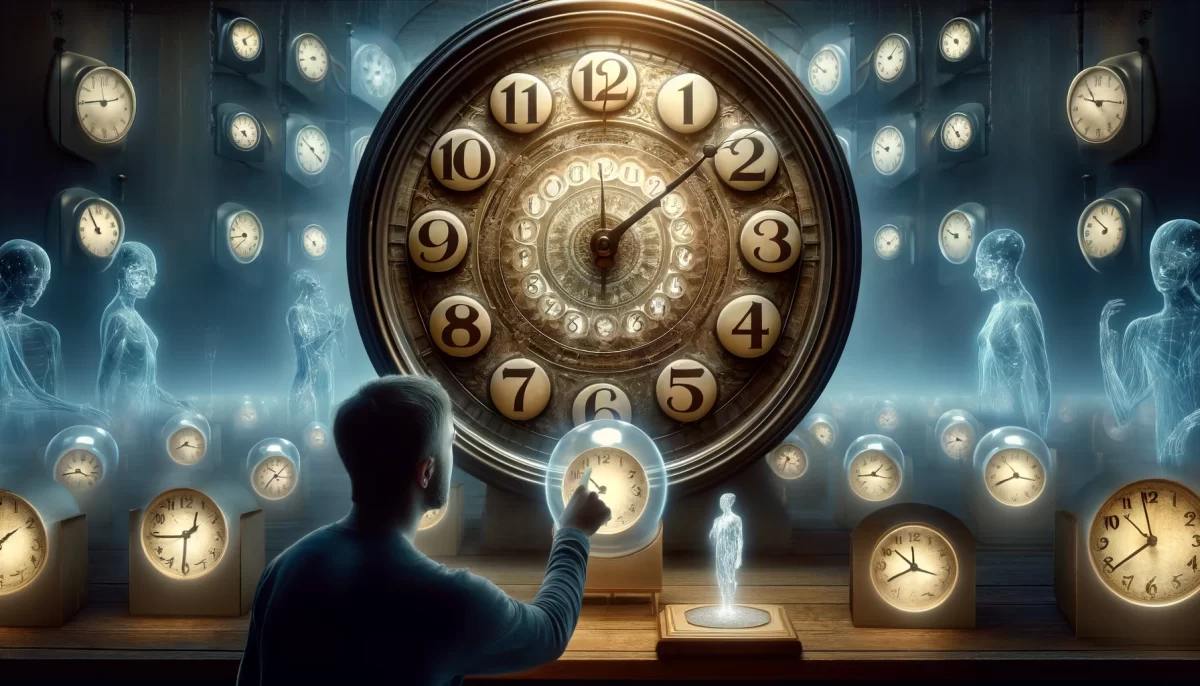
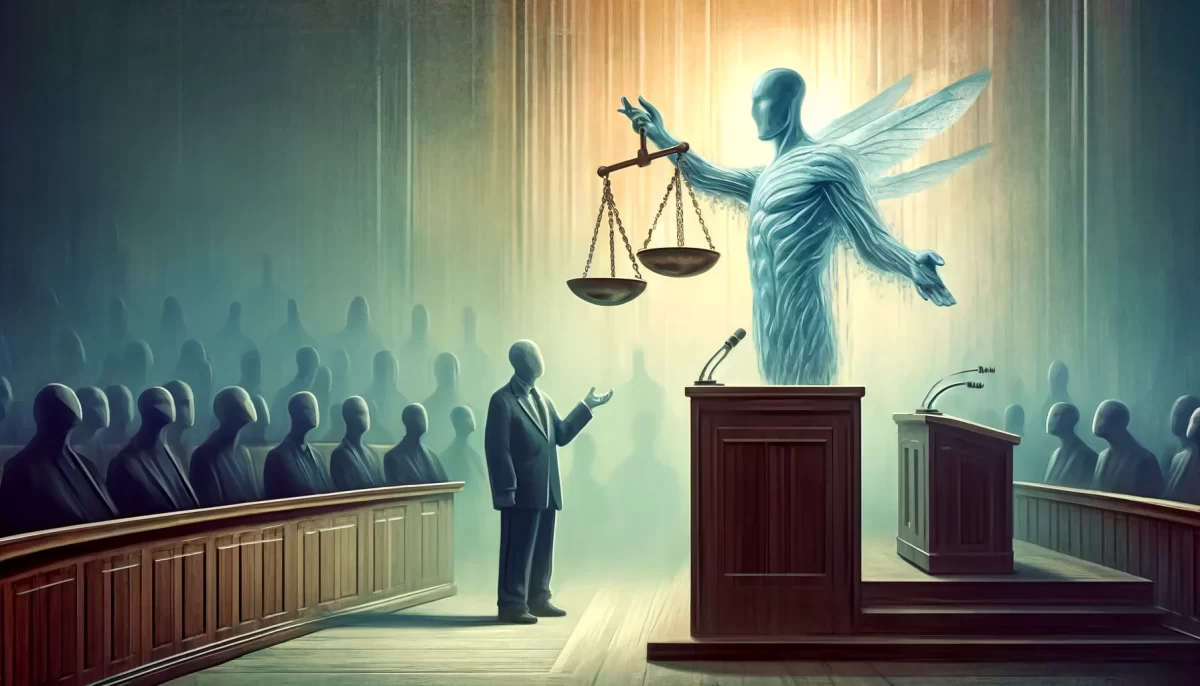

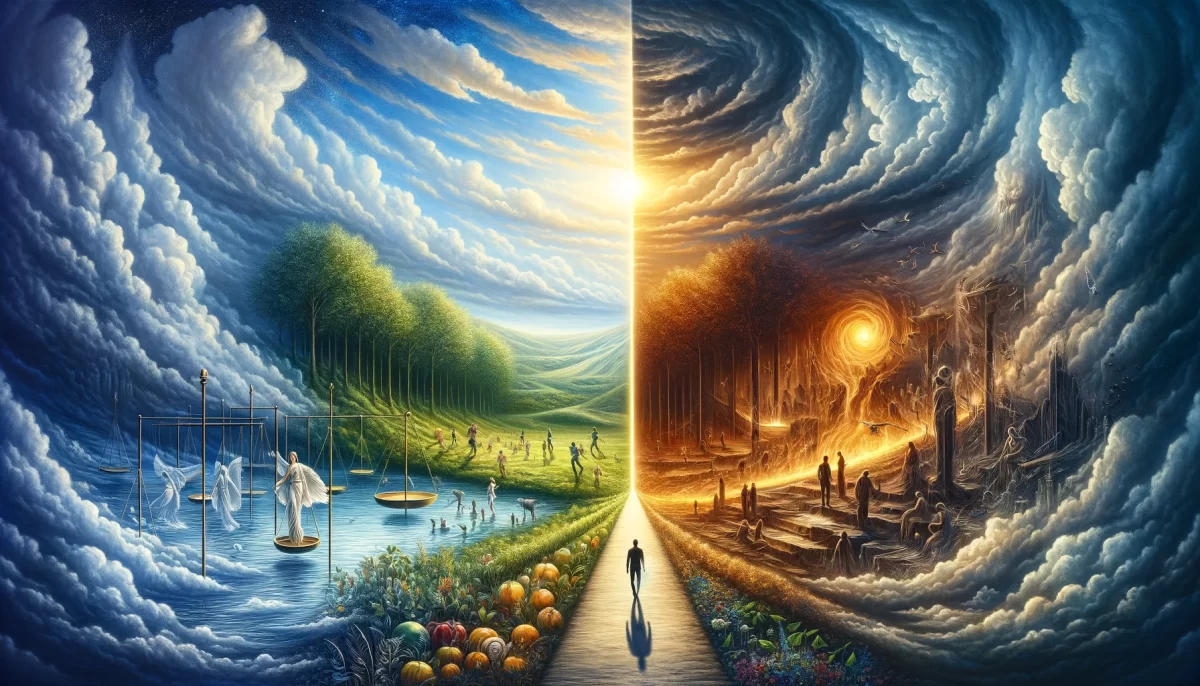
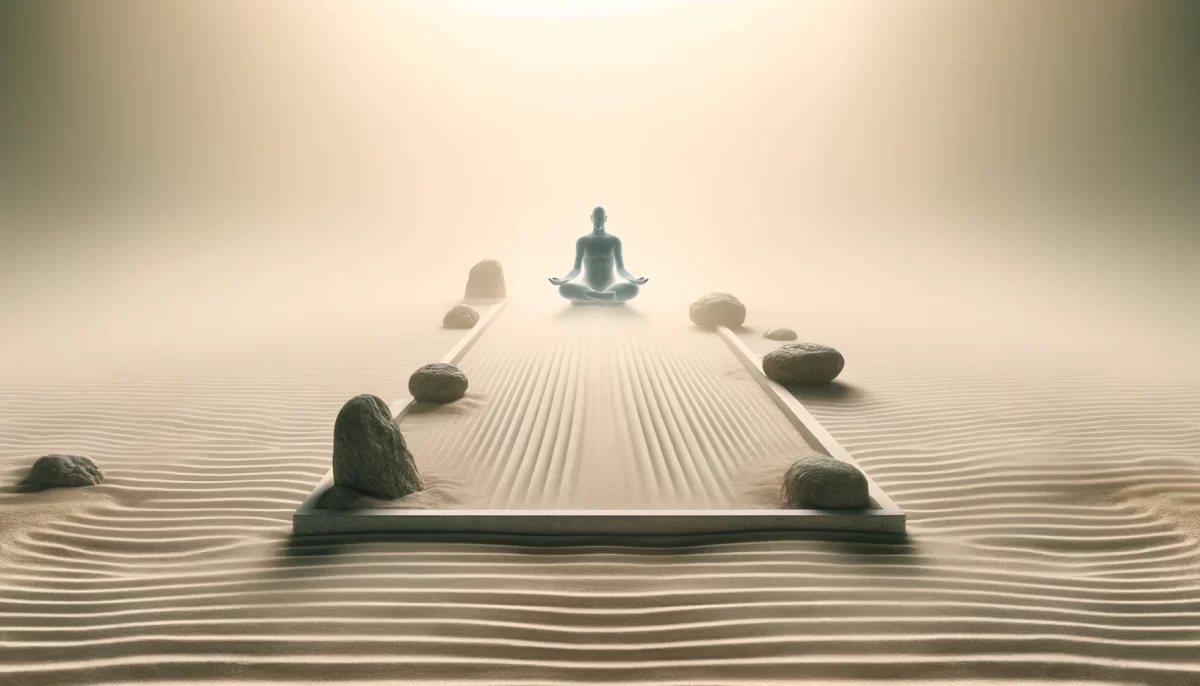
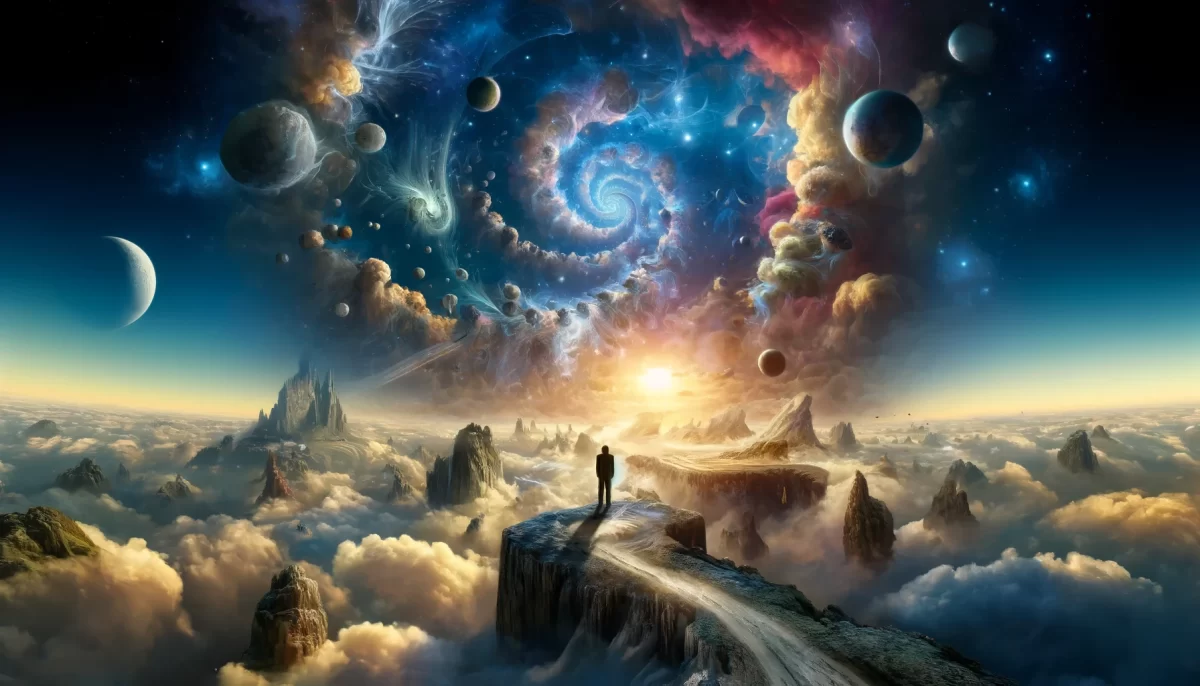
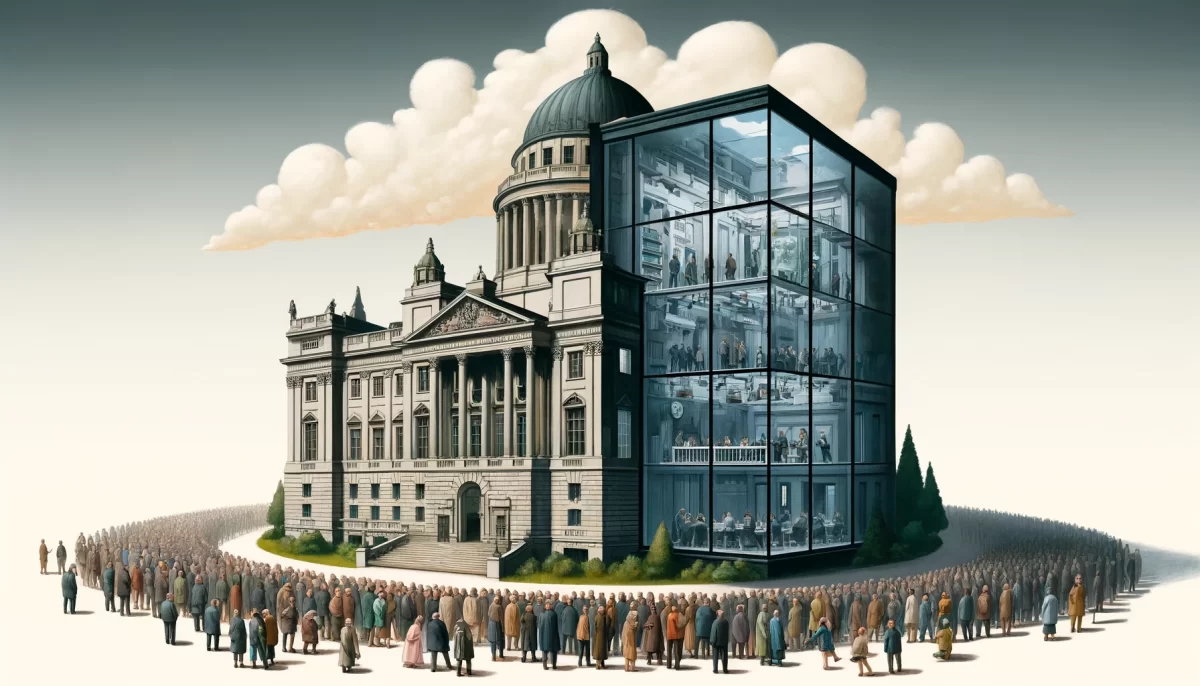
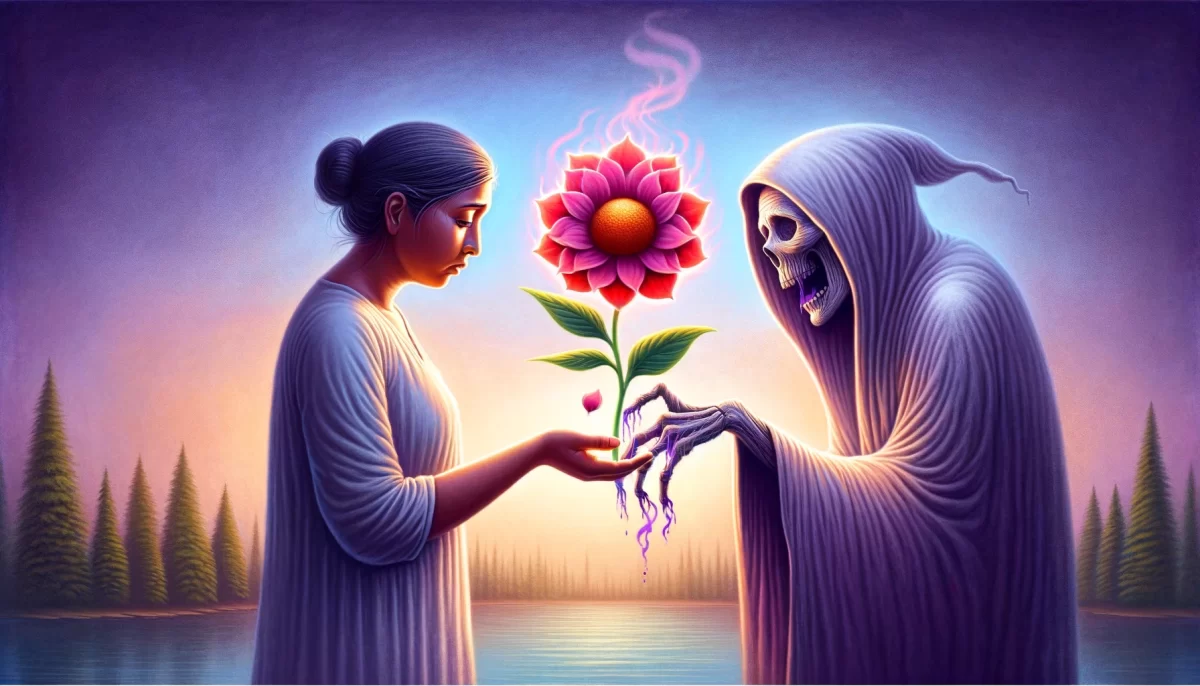
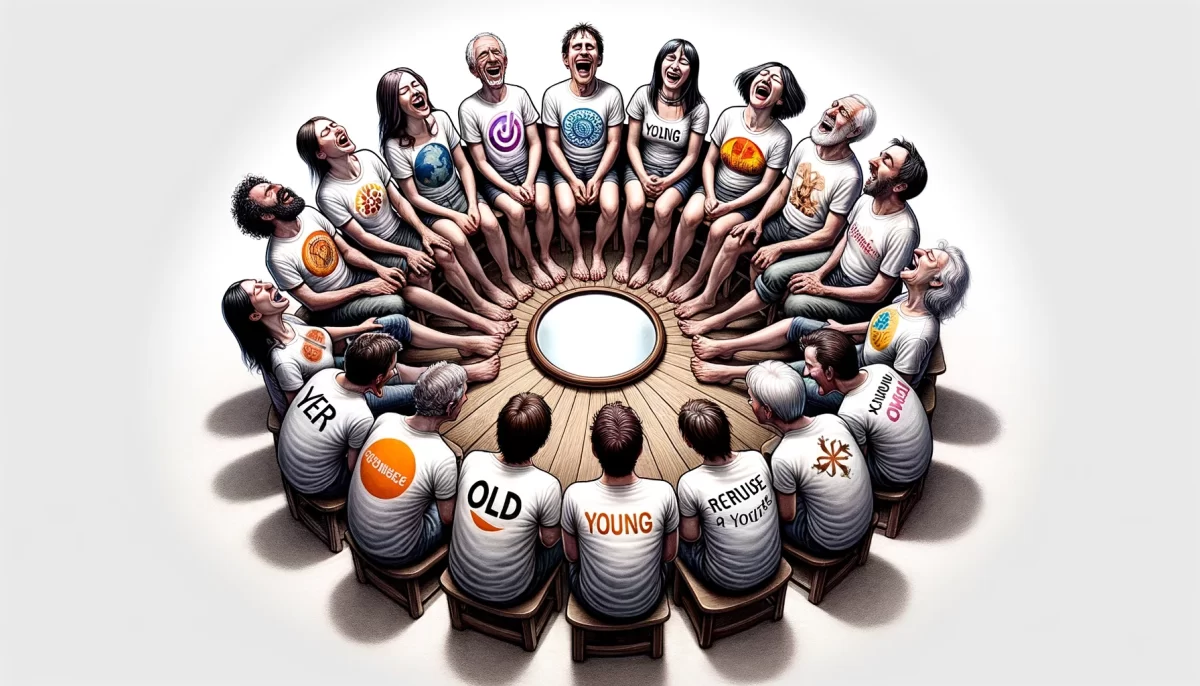
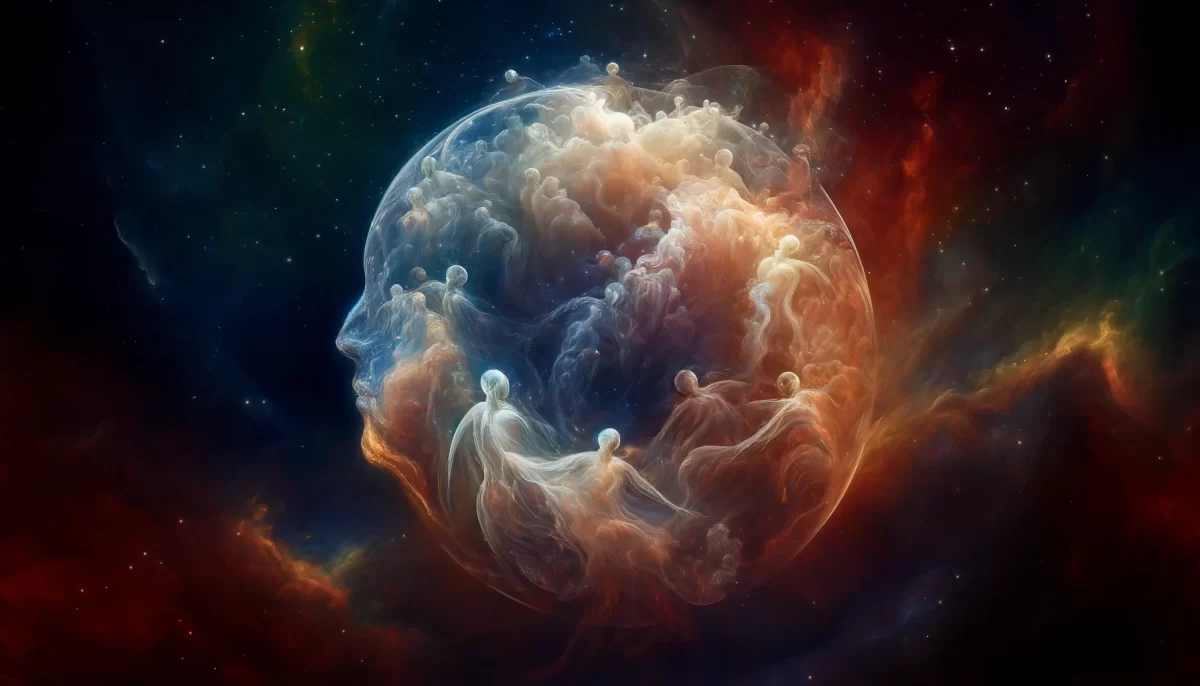
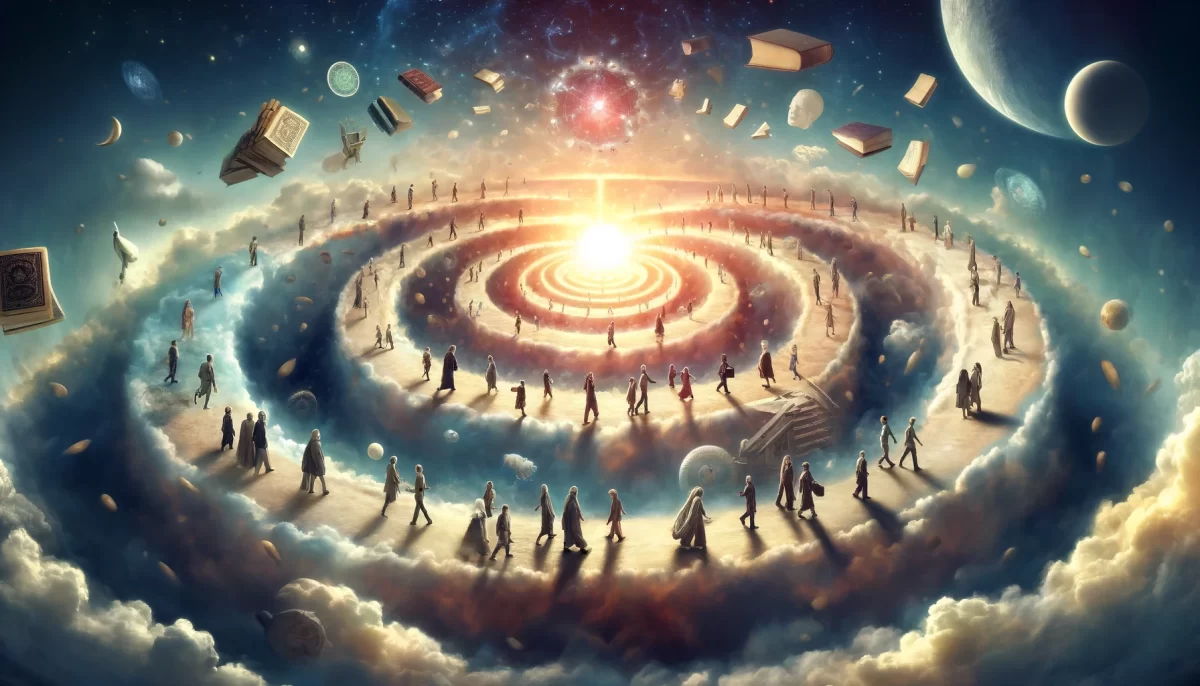
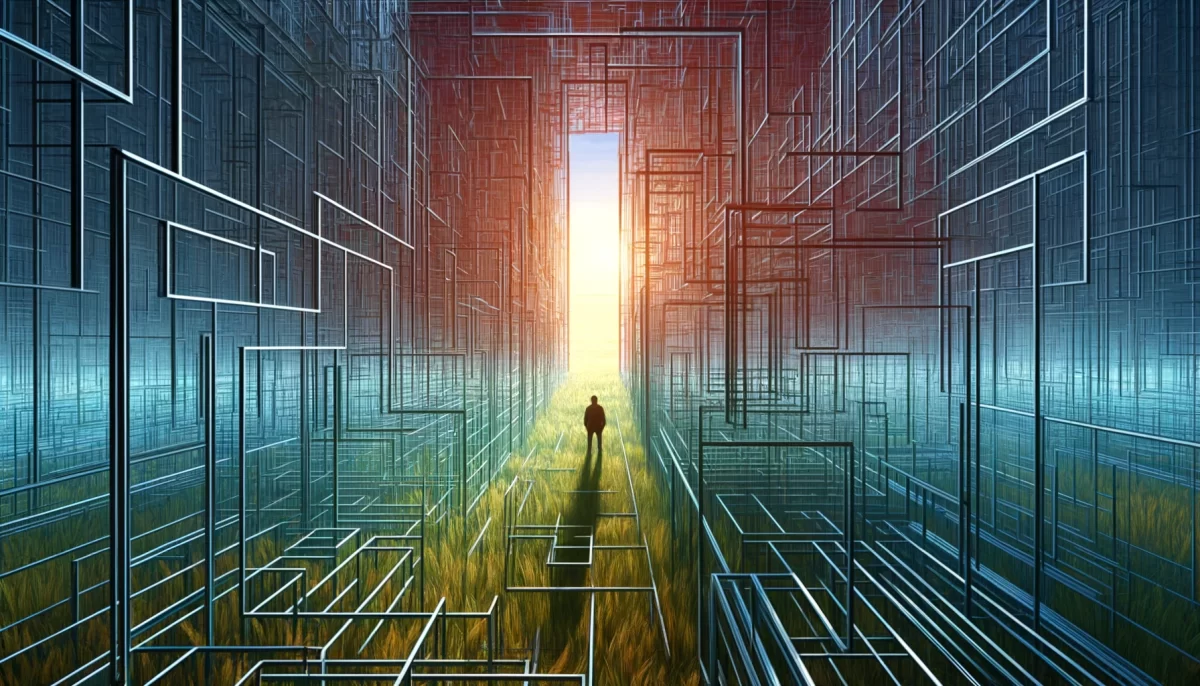
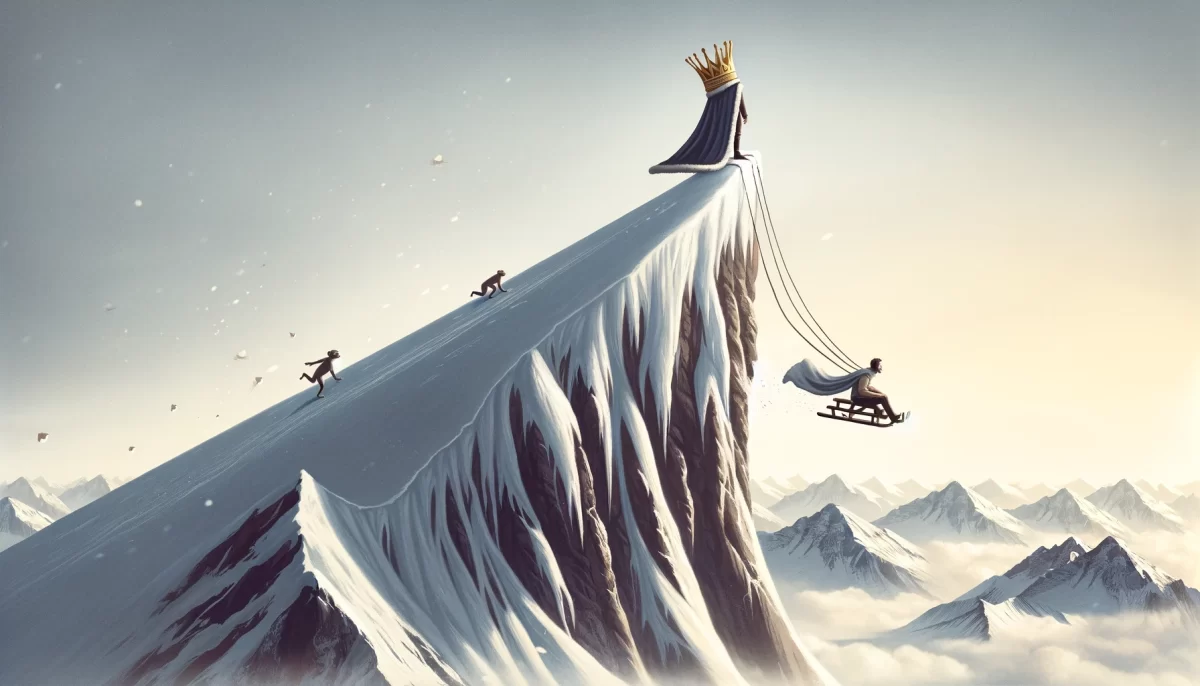
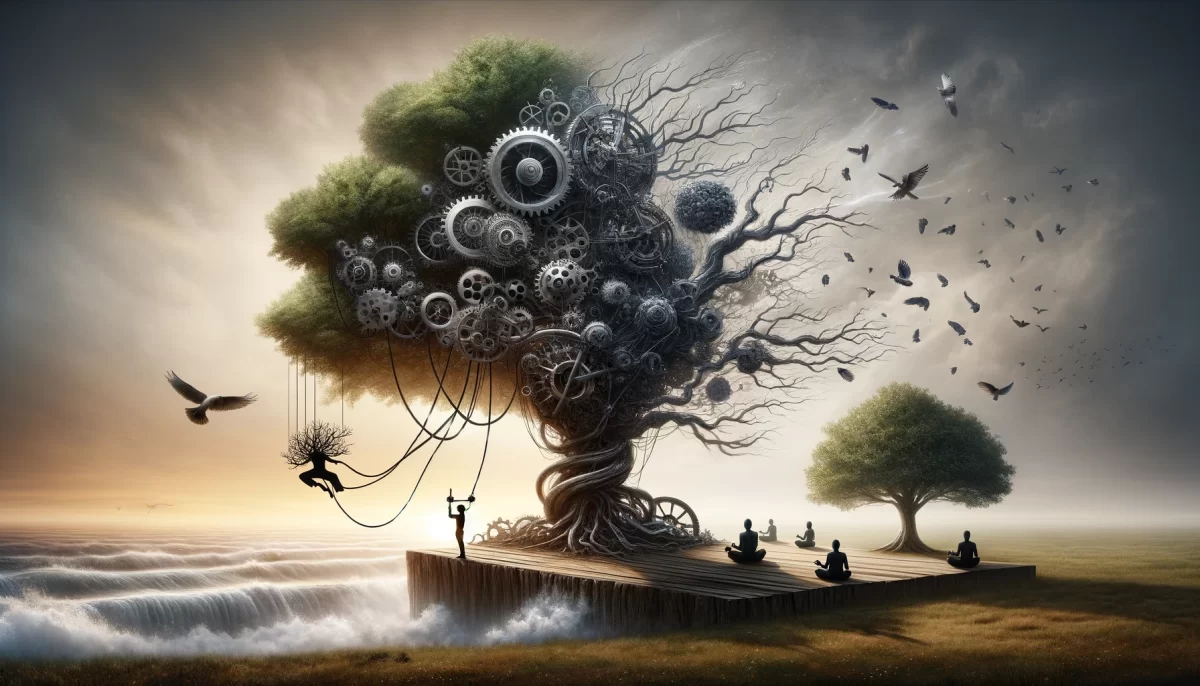

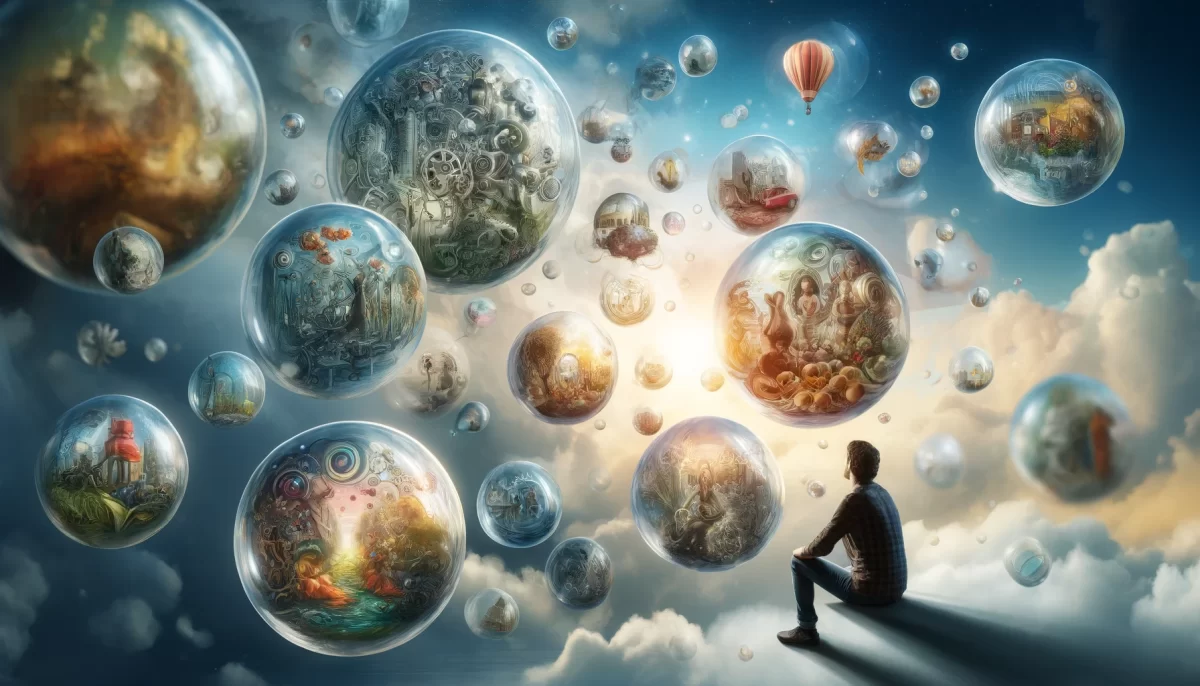
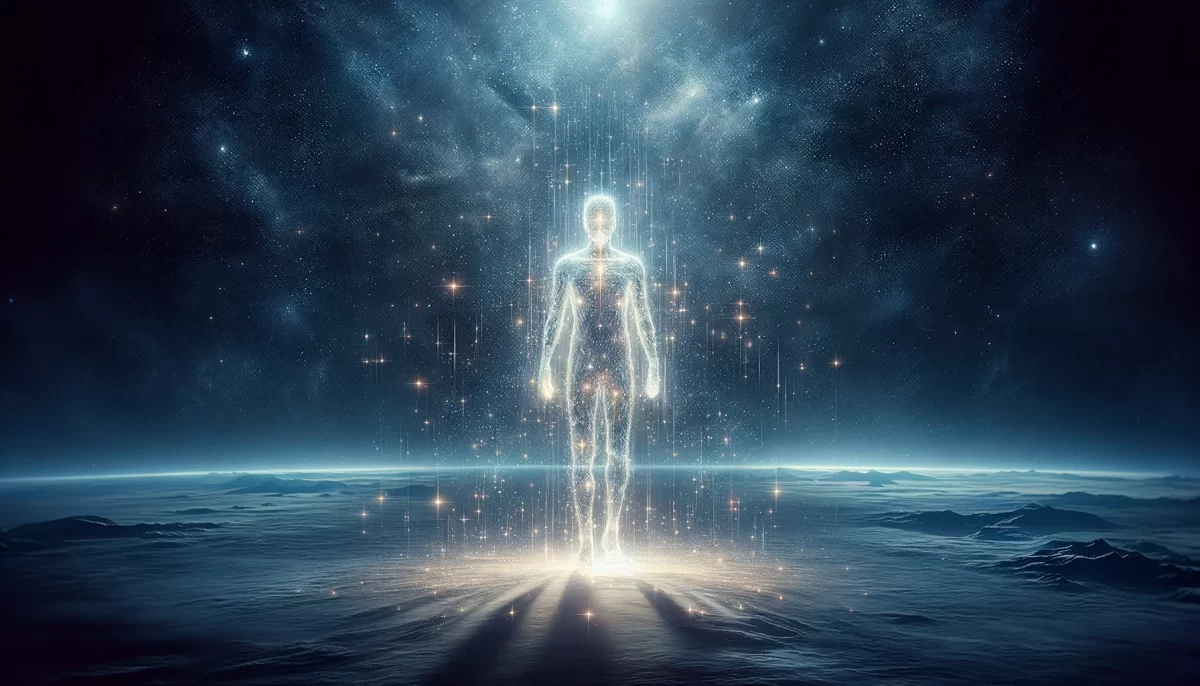
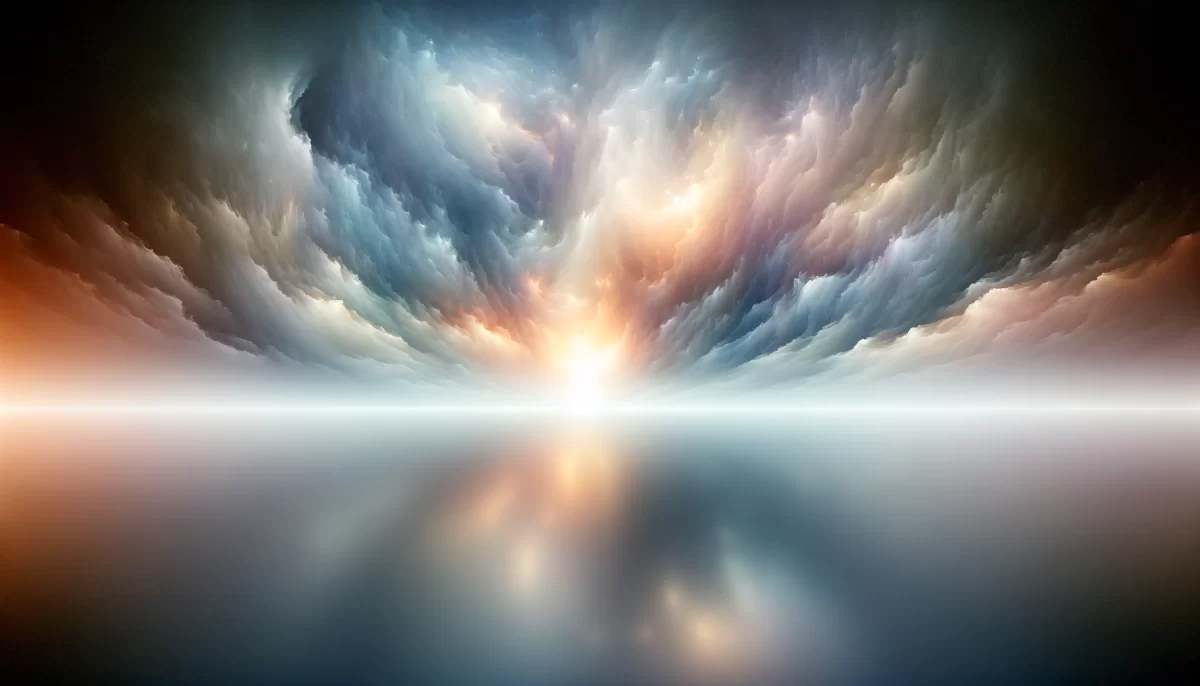


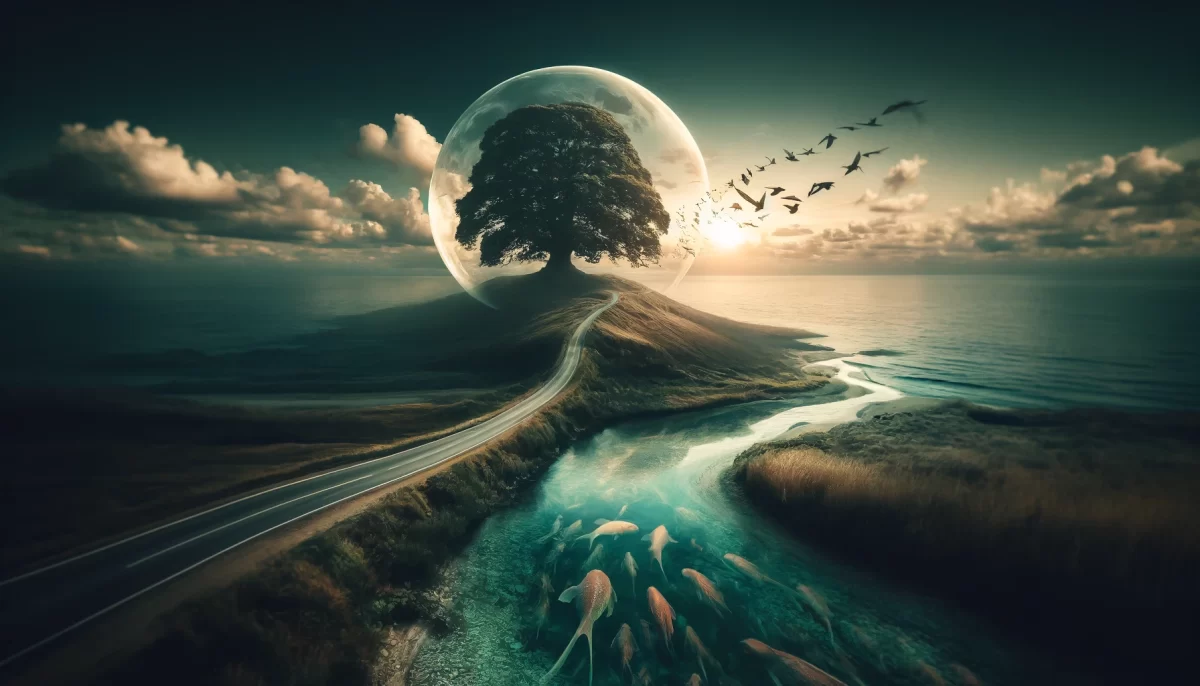
Leave a Reply